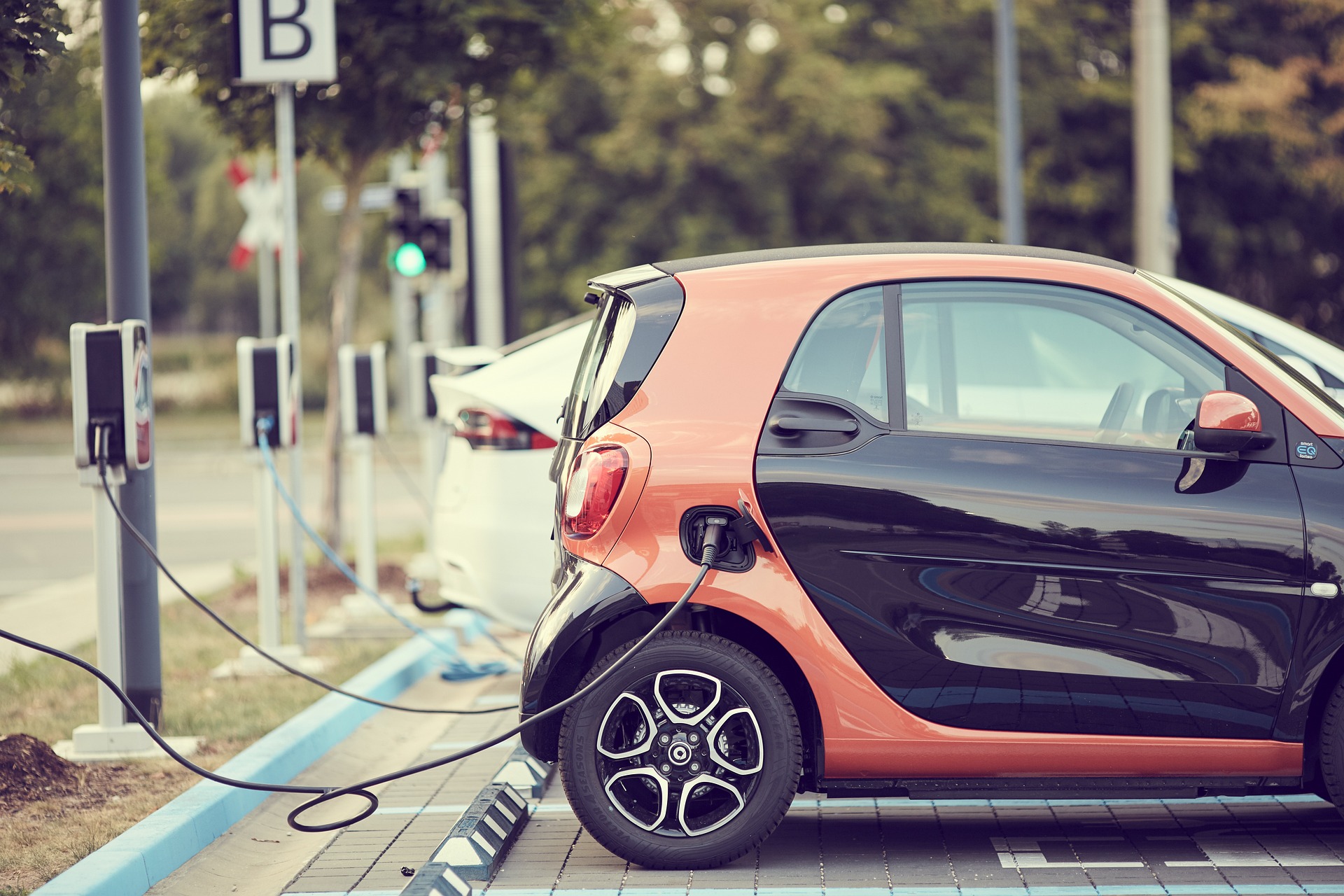Electric Cars in the UK: A Practical Choice for Everyday Use
Electric cars are becoming a more accessible choice for everyday use across the UK. With simple maintenance, quiet operation, and lower running costs, they offer a practical option for those seeking convenience, comfort, and reliable travel—especially for shorter, local journeys.

Why are more people choosing electric cars for everyday travel?
The shift towards electric cars in the UK is gaining momentum for several reasons. Firstly, the government’s commitment to banning new petrol and diesel car sales by 2030 has increased awareness and interest in EVs. Additionally, improvements in battery technology have extended the range of electric cars, alleviating “range anxiety” for many potential buyers. The lower maintenance requirements of EVs, with fewer moving parts than traditional combustion engines, also appeal to those seeking hassle-free motoring. Moreover, the quiet and smooth driving experience of electric cars makes them particularly well-suited for urban environments.
What compact electric cars are easy to use in UK cities?
For city dwellers, compact electric cars offer an ideal solution for navigating crowded streets and tight parking spaces. Models like the Renault Zoe, Mini Electric, and Fiat 500e are popular choices for urban driving. These vehicles combine small footprints with impressive range capabilities, making them perfect for daily commutes and short trips around town. Their nimble handling and instant torque provide a responsive driving experience well-suited to city traffic conditions.
How can you select an electric vehicle that matches your daily routines?
Choosing the right electric car depends largely on your daily driving habits and lifestyle. Consider your typical commute distance, access to charging points, and storage needs. For those with longer daily drives, models with larger battery capacities and faster charging capabilities might be more suitable. If you primarily use your car for short trips and have access to home charging, a compact city EV could be ideal. It’s also worth considering whether you need additional space for family or leisure activities, as there are now electric options available in various sizes, from small hatchbacks to spacious SUVs.
What factors influence the cost of an electric vehicle in 2025?
Several factors will likely affect the cost of electric vehicles in 2025. Advancements in battery technology are expected to reduce production costs, potentially lowering the overall price of EVs. Government incentives, such as grants and tax breaks, may continue to play a role in making electric cars more affordable. The increasing competition in the EV market could also drive prices down as more manufacturers enter the space. However, factors like global supply chain issues, raw material costs, and inflation could impact pricing. It’s important to note that while the initial purchase price of an EV may be higher than a comparable petrol car, the total cost of ownership often favours electric vehicles due to lower running and maintenance costs.
How do charging options and running expenses compare in the UK?
Charging infrastructure in the UK has expanded significantly, with a growing network of public charging points complementing home and workplace charging options. Many EV owners find that home charging, often done overnight using a dedicated wallbox, is the most convenient and cost-effective method. Public charging costs can vary, with rapid chargers typically being more expensive than slower alternatives. However, even when using public chargers, the cost per mile for an electric car is generally lower than for petrol or diesel vehicles.
Running expenses for electric cars tend to be lower than traditional vehicles. Electricity costs are typically less than fuel costs for equivalent journeys, and EVs benefit from lower road tax and often reduced parking fees in many UK cities. Maintenance costs are also generally lower due to the simpler mechanics of electric motors compared to combustion engines.
What are the environmental benefits of choosing an electric car?
Electric cars offer significant environmental benefits, particularly in terms of reducing local air pollution and lowering carbon emissions. While the production of EVs does have an environmental impact, their overall lifecycle emissions are typically lower than those of petrol or diesel cars, especially as the UK’s electricity grid continues to incorporate more renewable energy sources. By choosing an electric car, drivers can contribute to improved air quality in urban areas and support the UK’s efforts to reduce greenhouse gas emissions.
When considering the switch to an electric vehicle, it’s helpful to compare some popular models available in the UK market:
| Model | Range (WLTP) | Charging Time (0-80%, 50kW DC) | Starting Price |
|---|---|---|---|
| Nissan Leaf | 168-239 miles | 40-60 minutes | £28,995 |
| Volkswagen ID.3 | 216-336 miles | 30-35 minutes | £36,195 |
| Tesla Model 3 | 267-360 miles | 30-40 minutes | £42,990 |
| MG ZS EV | 198-273 miles | 40 minutes | £29,495 |
Prices, rates, or cost estimates mentioned in this article are based on the latest available information but may change over time. Independent research is advised before making financial decisions.
As electric cars continue to evolve and improve, they are becoming an increasingly practical choice for everyday use in the UK. With a growing range of models to suit different needs and budgets, along with expanding charging infrastructure and financial incentives, the transition to electric mobility is becoming more accessible for many British drivers. While challenges remain, the benefits of lower running costs, reduced environmental impact, and improved driving experience make electric cars an attractive option for those looking to embrace the future of transportation.
The shared information of this article is up-to-date as of the publishing date. For more up-to-date information, please conduct your own research.




